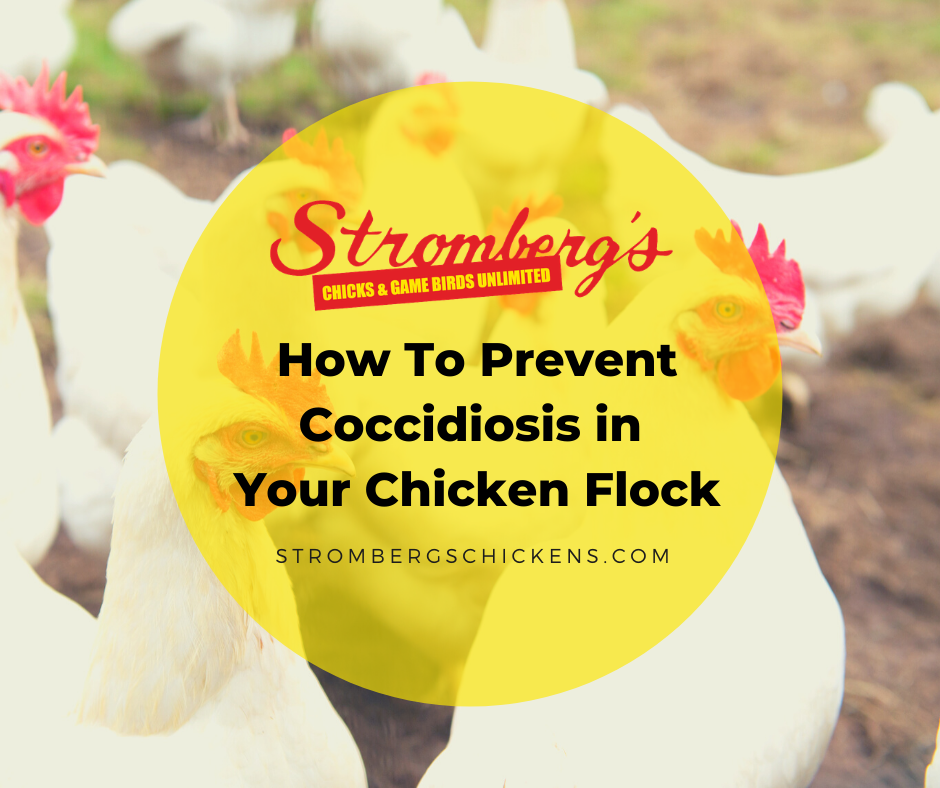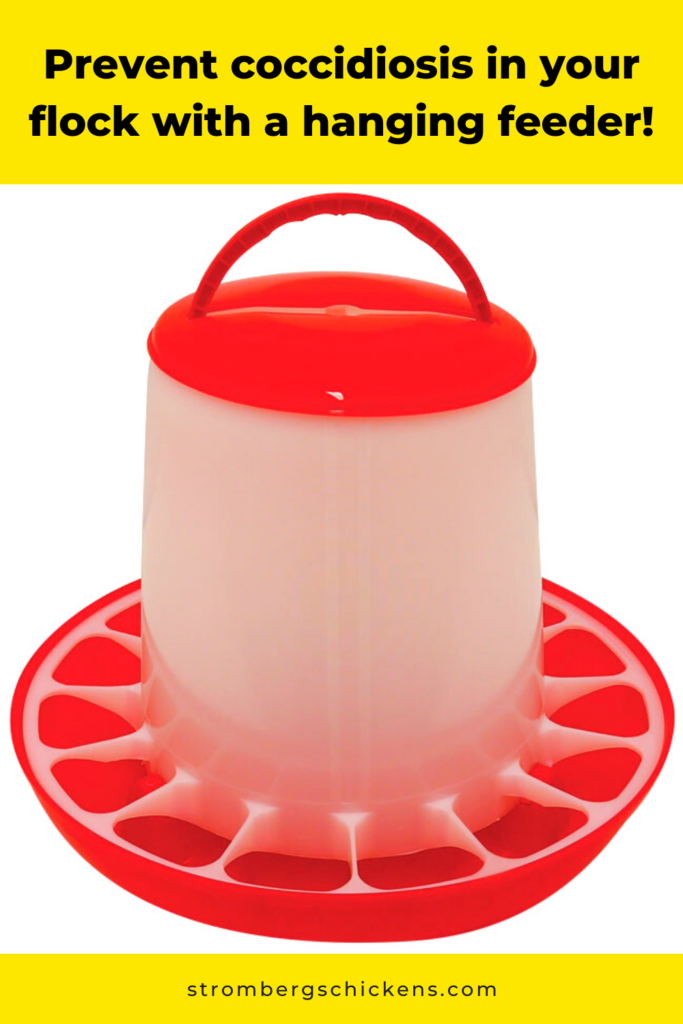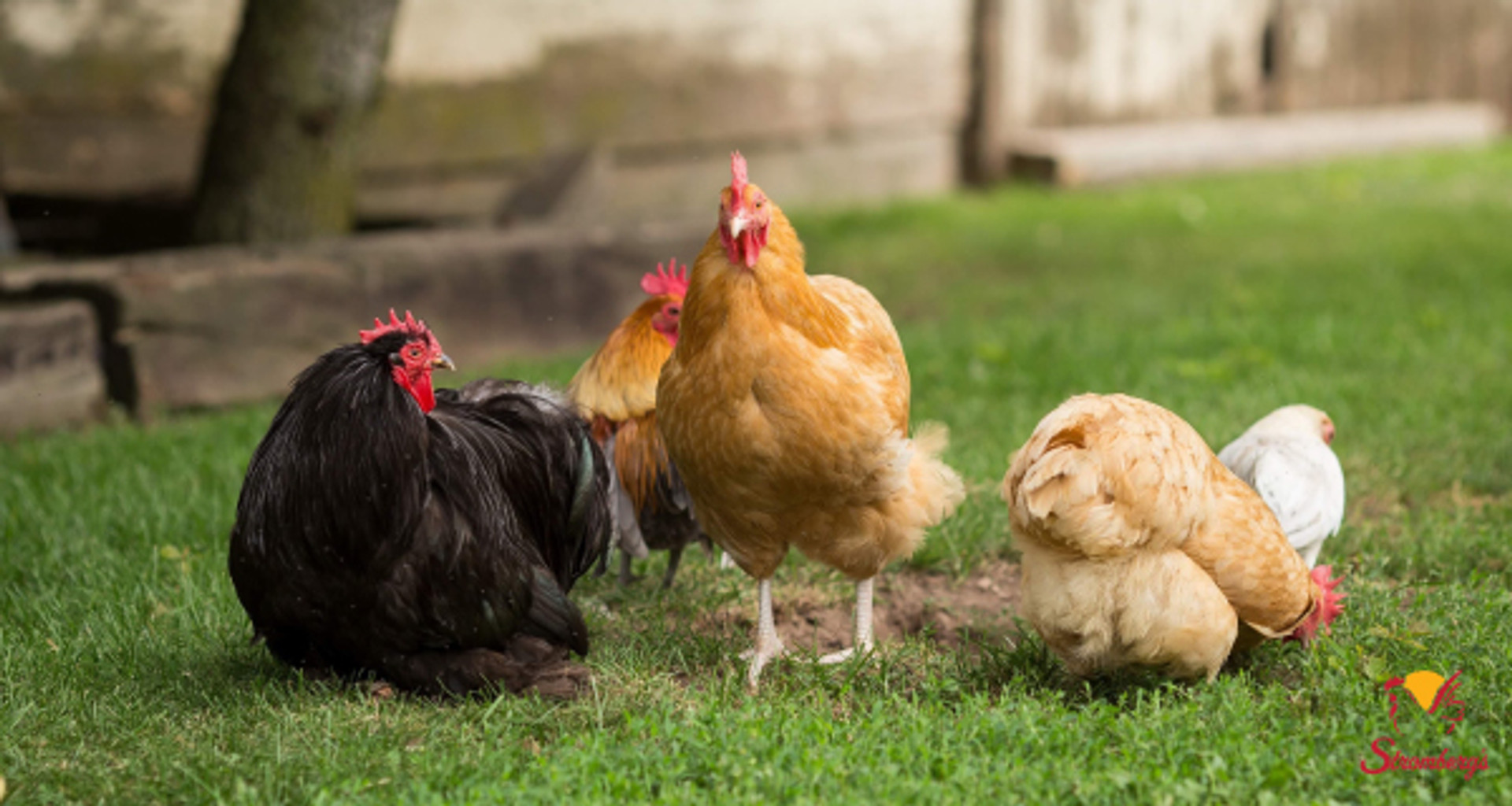How to Prevent Coccidiosis in Your Chicken Flock
Coccidiosis, a parasite that targets chicks, is among the many diseases and health issues that affect chickens. It is one of the top reasons behind chick deaths. The parasite can be devastating to your new flock if you’re not careful.
There are coccidiosis treatment options available, but the parasite can still do a lot of damage if you don’t catch it early enough. As with many bird diseases, the best treatment for chicken keepers is prevention.
Learn how to prevent coccidiosis and promote healthy chickens in your flock.

WHAT IS COCCIDIOSIS?
Before you set out to protect your chickens from coccidiosis, it’s important to know what you’re getting into. Coccidiosis comes from an intestinal parasite, unlike the viruses and bacteria of other common chicken diseases. Coccidia parasites will infiltrate and spread through the cells that line the chicken’s gut wall.
Once inside a cell, the parasites will multiply until that cell bursts. Afterward, they will spread to a new cell and start the process over. Coccidia parasites damage a chicken’s gut, impairing the digestive system and damaging the bird’s ability to absorb nutrients from food.
As such, weight loss and a lack of appetite are two common symptoms of this disease. Other symptoms include lethargy, pale combs and skin, and bloody or foamy droppings.
HOW DOES COCCIDIOSIS SPREAD?
Chicks and chickens catch coccidiosis by accidentally ingesting the parasites, often through infected soil or droppings from another bird. Contaminated soil or droppings can get into your flock’s food or water supply, making it easy for the disease to make its way through your flock.
Once a colony of coccidia parasites establishes itself within a chicken, it will begin to produce microscopic eggs called oocysts that leave the bird through its droppings. Infected birds in your chicken coop allow the cycle to continue.
How to Prevent Coccidiosis in Your Chicken Flock
Coccidiosis primarily spreads through contaminated food and water supply, making coop cleanliness a key prevention method. Make sure your flock always has dry bedding.
You should also keep food and water supplies off the ground and do your best to prevent or quickly clean up spills. This will prevent your chickens from eating off the floor, lowering their risk of ingesting contaminated food.
Remember that young chicks are the most vulnerable to coccidiosis, so vaccinating your newest flock members is always a good idea.

At Stromberg’s Chickens, we want to provide a happy, healthy environment for all our customers’ flocks. You can find all the equipment you need to keep your coop clean and comfortable, such as automatic feeders and waterers, vaccines and antibiotics, and chicken nesting pads at Stromberg’s Chickens.
How do you prevent coccidiosis in your chicken flock? Drop your best tips in the comments below.

